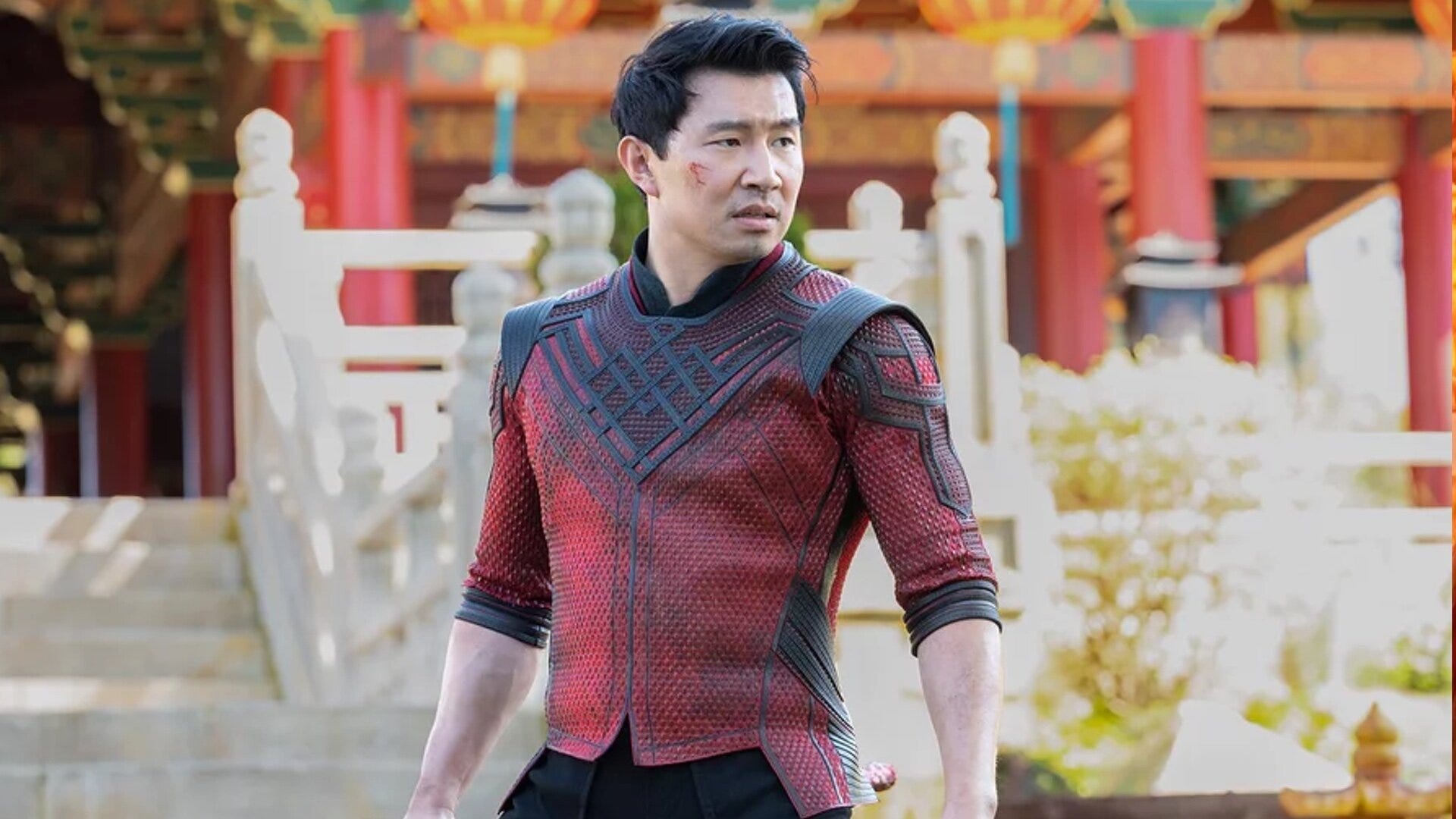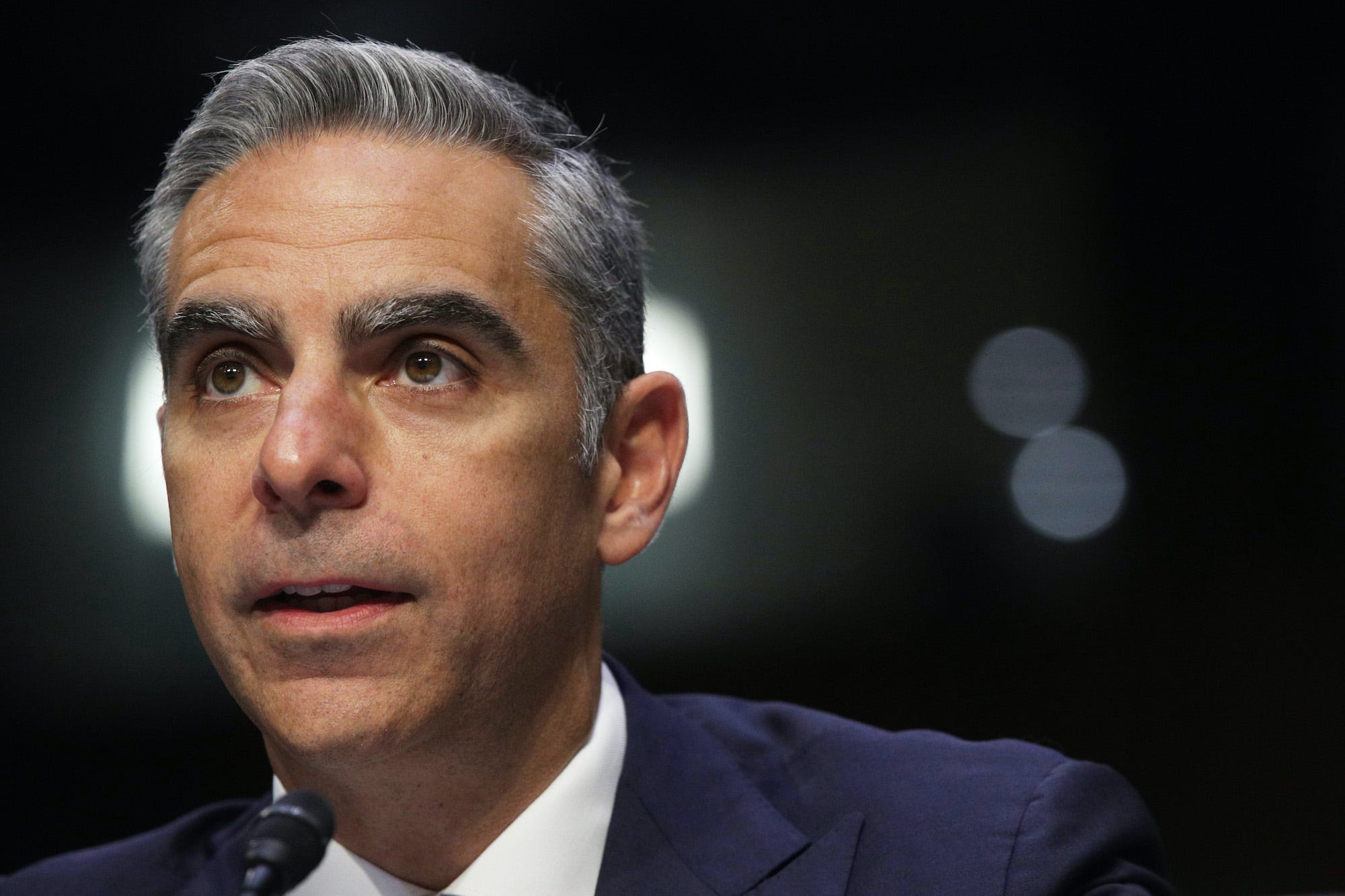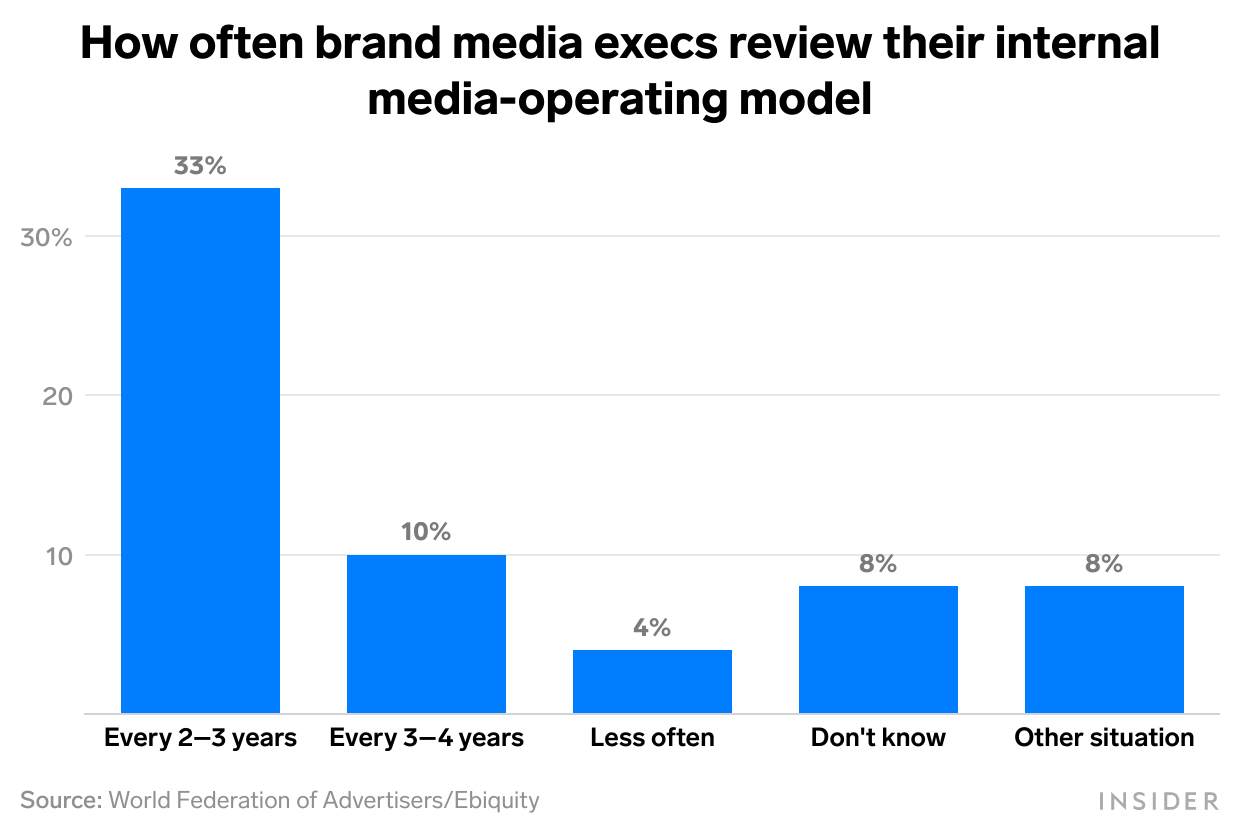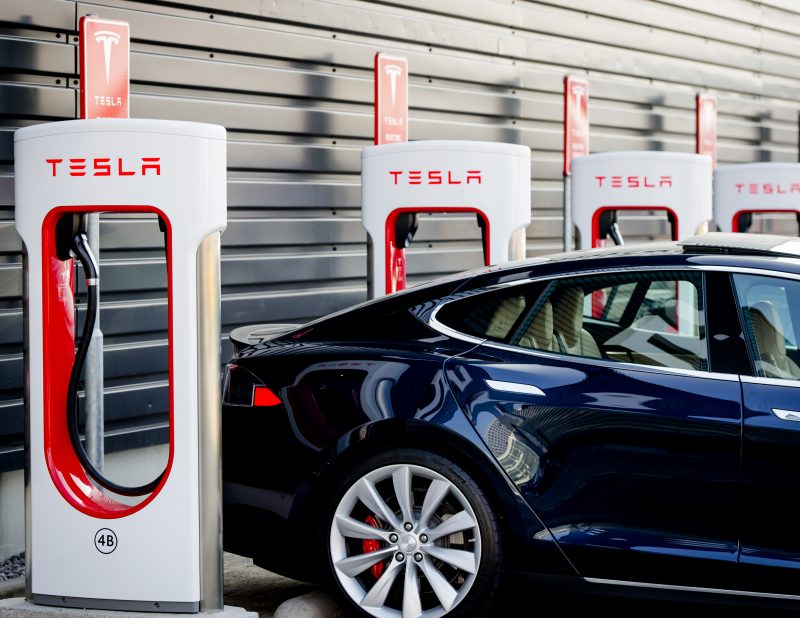Hello and welcome back to Insider Advertising, your weekly look at the biggest stories and trends affecting Madison Avenue and beyond. I'm Lara O'Reilly, Insider's media and advertising editor. If this was forwarded to you, sign up here.
Well, it's goodbye to another weird summer and hello to the fall TV season, which hopefully will be back with a bang now that we appear to be over the worst of the pandemic-induced in-person production disruptions. Among the anticipated big audience draws for advertisers: the "Wonder Years" reboot on ABC; "Impeachment: American Crime Story," on FX; and the latest installment of the bizarro talent show "The Masked Singer" over on Fox.
Let's jump into this week's big advertising news:
- The box-office success of "Shang-Chi" hints at cinema advertising's return
- Instacart and Uber step up their ads game
- Facebook's "trust deficit" as it prepares to launch new Ray-Ban smart glasses
And just like the movies; we'll play out our last scene

Walt Disney Studios Motion Pictures
Slowly but surely, movie-theater audiences are trickling back.
Marvel Studios' latest movie, "Shang-Chi and the Legend of the Ten Rings," blew past Labor Day box-office records, per Insider's senior media reporter Travis Clark.
But don't expect a cinema-advertising bounceback just yet. The Publicis media agency Zenith estimated in July that global cinema ad spend would grow 116% this year, but because of the 72% decline in 2020 that would still put it far below 2019's levels.
"Cinema is an immersive and effective form of brand-building advertising, and there is clearly pent-up demand from advertisers used to communicating with their audiences on the big screen," Jonathan Barnard, the head of forecasting and global intelligence at Zenith, told me. But, he added: "Clearly the reduced available audience means the opportunities to spend are limited."
Sellers of cinema advertising have had to get creative during the coronavirus pandemic.
Last year, when all the movie theaters on its network temporarily closed, National CineMedia's quarterly revenue shrank some 96.4%. At the time, its digital ads business was all it had. While NCM is seeing increased demand from marketers for traditional cinema ads, it's also continued to evolve the digital offering. Part of that includes expanding its digital out-of-home network, to screens at 7-Eleven stores, supermarkets, restaurants, and college campuses and across Harena Data's esports content.
Scott Felenstein, NCM's president of sales, marketing, and partnerships, told me the company also had 250 million anonymized data records and had integrated exhibitor data to provide interesting insights for advertisers.
"We can use our ticket-purchasing data to identify who bought tickets for the movies next weekend and help influence dining decisions for moviegoers before they head to the movies," Felenstein said.
Tune in:
- AMC is spending $25 million to try to convince you seeing movies in theaters is better than watching them from your couch
- NBC Sports says it has fewer than five 30-second slots left in its 2022 Super Bowl broadcast - and some advertisers have been paying up to $6.5 million for the privilege. Much of the demand has come from Hollywood, which pulled back this year as theater audiences shrank.
Instacart before the horse

Instacart; Melia Russell/Insider; Samantha Lee/Insider
Every business is an ads business eventually. A whole host of companies, whether delivery services or traditional retailers, are staffing up and building out their ads divisions.
The Wall Street Journal this week zoomed in on Instacart's growing ads business - a key high-margin unit for the company as it prepares to go public. You may recall the Facebook veteran Carolyn Everson quit the big blue app this summer and went over to Instacart earlier this year, joining her former Facebook colleagues Fidji Simo, Instacart's CEO, and Asha Sharma, its chief operating officer.
Instacart has big advertising ambitions. The Journal reports that Instacart intends to grow ad revenue some 233%, to $1 billion in 2022 from about $300 million last year. That would put it somewhere between IAC ($790 million) and Yelp ($1.02 billion), according to eMarketer's net digital ad revenue estimates for 2022.
Simo told The Journal that Instacart was planning to introduce new ad products, including email marketing, video, and audio.
Elsewhere, I reported last week that Uber hired Mark Grether, a former Amazon Advertising director and agency and adtech veteran, to lead its burgeoning ads unit.
Uber's ad business is also growing quickly: CEO Dara Khosrowshahi said on the company's August earnings call that while it had set out an initial goal to complete 2021 with a $100 million revenue run rate, it expected to surpass that and hit a $300 million revenue run rate by the end of 2022.
Get up to speed:
- Inside Instacart's frenzied summer of unsuccessful dealmaking with Uber and DoorDash
- Event alert: Join us on Thursday, September 16, at 1 p.m. ET for "The future of Amazon, Instacart, and Walmart advertising" to learn how these companies are growing their ads businesses and what the trend means for marketers. Register here.
Trust issues

Alex Wong/Getty Images
David Marcus, the head of Facebook's financial unit F2, has been doing the interview circuit this week to discuss the launch of its new digital wallet, Novi.
Speaking with Protocol, Marcus was candid about the challenge ahead from a brand-perception perspective: "Doing it inside of Facebook has a cost, because obviously, we need to do a lot more to have the benefit of the doubt - to deserve the benefit of the doubt. And we need to do a lot more over a long period of time to earn people's trust. And so that's a cost, a tax so to speak, on the project."
Speaking of which, Mark Zuckerberg - one of those people who put tape over their laptop webcams - has been busy posting point-of-view videos to his Facebook page, presumably recorded using Facebook's forthcoming Ray-Ban smart glasses. The Facebook executive Andrew "Boz" Bosworth posted a video to Twitter also hinting at the new product, which shows him pelting his boss with pillows. The big Ray-Ban reveal is expected later Thursday.
I for one would love to know what Facebook's Reality Labs team has to say about the trust tax in Facebook launching a camera designed to be worn on your face. Every business is an ads business, after all!
New model army
A new study from the World Federation of Advertisers and Ebiquity found that about 70% of client-side media teams were reviewing their company's media operating model at least every two to three years.

The WFA and Ebiquity polled 52 in-house media execs, responsible for more than $40 billion media spend in total.
The study also found that global media teams had an expanding set of responsibilities placed at their desks and that many had "capability gaps" in areas including e-commerce, media transparency, and in-housing or "right-housing" certain aspects of their media.
Recommended reading
Advertising's labor shortage is crushing agency employees, who talk of 16-hour days and mounting client demands - Insider
A look at the "made for advertising" clickbait websites that peddle their wares through content-recommendation chumboxes - Marketing Brew
Hyundai's former CMO says automakers spend too much on TV ads and Google search ads - Ad Age
Here's a comprehensive overview of the latest Nielsen-versus-networks ratings shenanigans - Wall Street Journal
Music marketers are using TikTok challenges to pay creators based on video performance rather than follower count - Insider
Event alert: Join us on Tuesday, September 14 at noon ET for "The future of mobility: data driving innovation," presented by Arity, to learn how technology and data are transforming habits and enhancing app user experience. Register here.
That's all for now, see you next week - Lara











